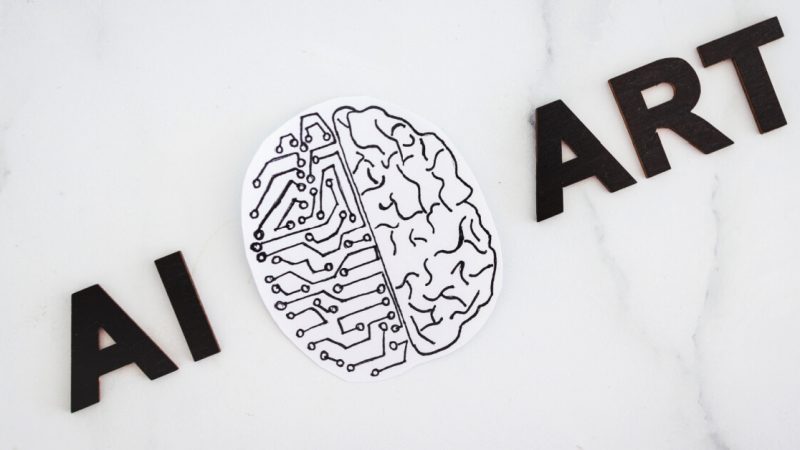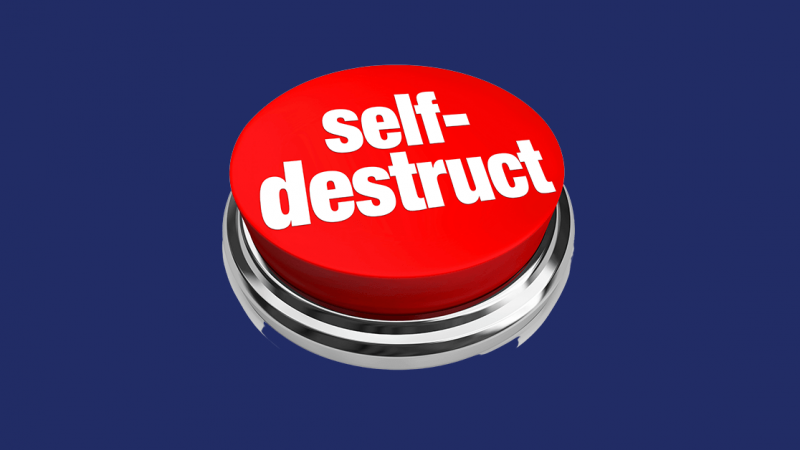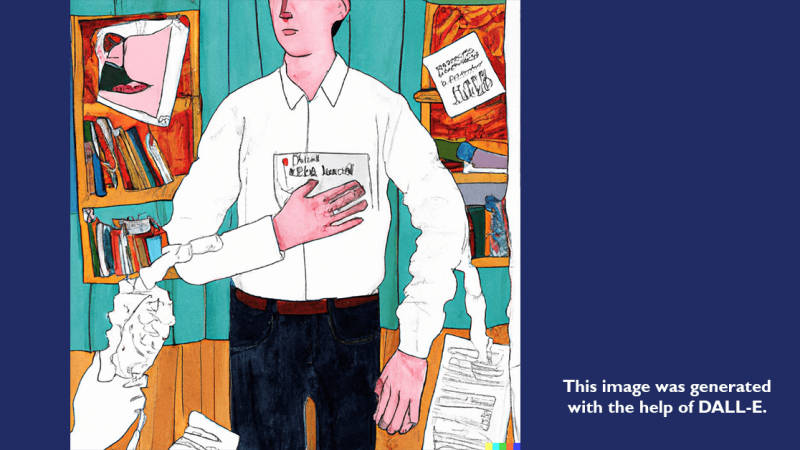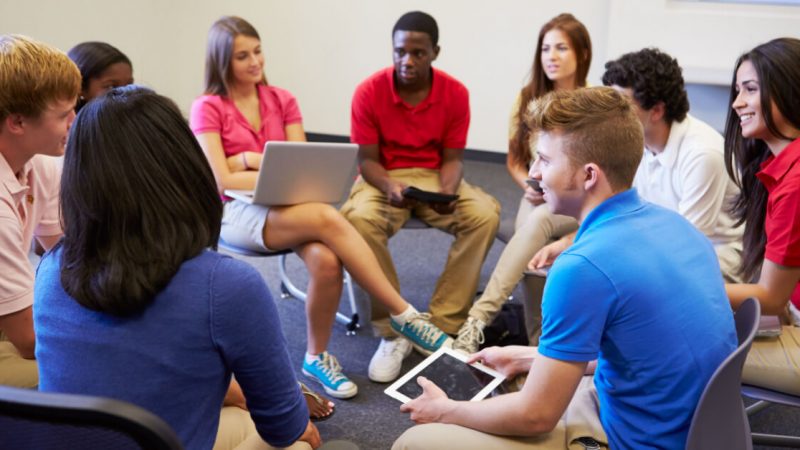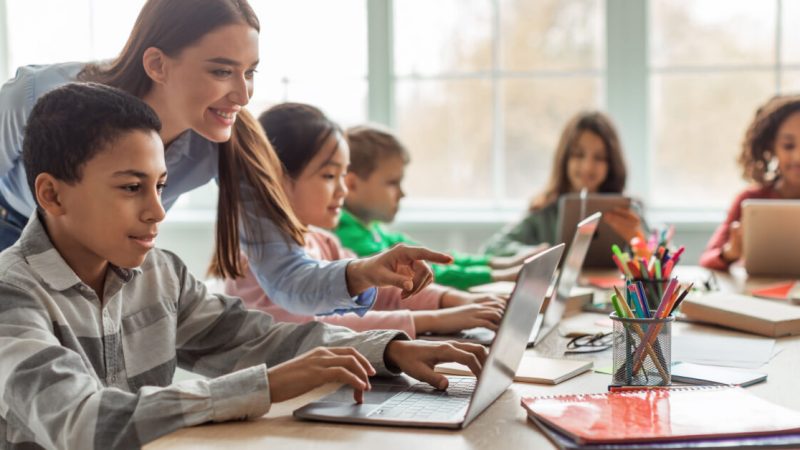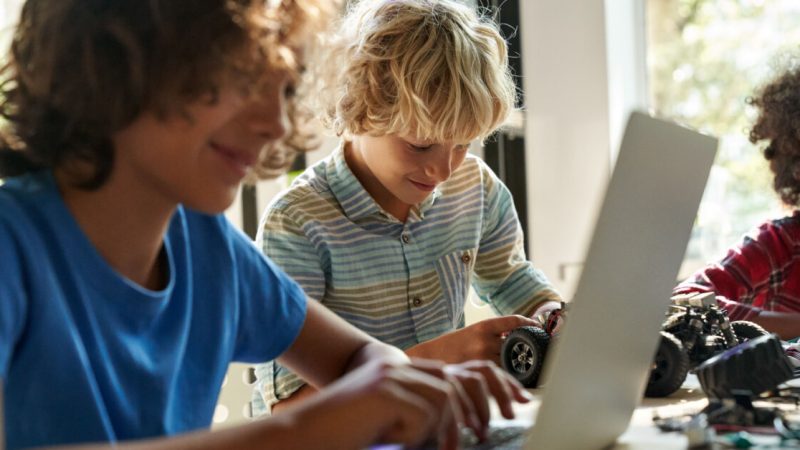March 20, 2023 Artificial Intelligence is on the tip of every educator’s tongue as ChatGPT has suddenly emerged onto the scene. Its ability to be prompted by individual users to
Part 1 of a three-part series. March 13, 2023 Artificial intelligence (AI) and how it affects the art world have recently captured the attention of the news media. AI has
March 9, 2023 At the recent OESIS conference in Las Vegas, one of the speakers, when discussing ChatGPT, expressed the opinion that “we will see a very different response in
March 8, 2023 When I was in college, I had a colleague who was several years older, widely read, and was ready to provide an authoritative answer to any question
March 7, 2023 You must have heard about the debacle with the AP African American History class. Rest assured, I am not going to rehash it. Instead, this wholly predictable
February 20, 2023 At this point, you are doubtless aware of the capabilities of the ChatGPT Artificial Intelligence chatbot. This is not another case of technophobia and much ado about
February 14, 2023 “What happens to learning when we move from the stable infrastructure of the 20th century to the fluid infrastructure of the 21st century, where technology is constantly
February 13, 2023 Anthony Brandt and David Eagleman, in their book, Runaway Species: How Human Creativity Remakes the World, offer a three-part framework for understanding how novel things are created.
February 9, 2023 (This article is republished from ET Magazine, Volume 1, Issue 2) The mention of technology and the classroom evokes pandemic-era remote learning, disengaged human interaction and unequal
January 25, 2023 ChatGPT calls on Humanities teachers to dig even deeper into what is already our core purpose—celebrating humanity … even in a tech-centric world. ChatGPT challenges us to



